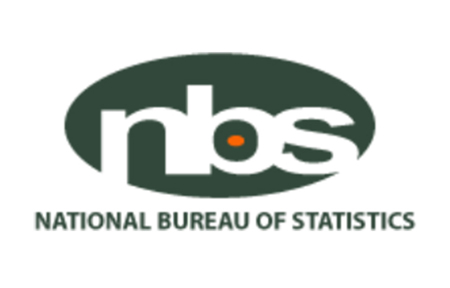The country’s total public debt stock increased by 4.96 per cent to N46.25 trillion ($103.11 billion) in the fourth quarter of last year (Q4 2022) compared to N44.06 trillion ($101.91 billion) in the preceding quarter.
According to the Nigerian Domestic and Foreign Debt Q4 2022 released by the National Bureau of Statistics (NBS), external debt stood at N18.70 trillion ($41.69 billion) while domestic debt was N27.55 trillion ($61.41billion) in the review period.
The NBS however, explained that the share of external debt to total public debt stood at 40.44 per cent while the domestic component stood at 59.56 per cent.
Further breakdown of the borrowings revealed that the federal government’s share of domestic debt stood at 80.62 per cent in Q4.
In addition, states and the Federal Capital Territory (FCT) accounted for N1.99 trillion of total external debt and N5.33 trillion of domestic borrowings.
The federal government accounted for N16.70 trillion of external borrowing and N22.21 trillion of domestic debts, the NBS stated.
The report obtained from NBS website also showed that on state level, Lagos recorded the highest domestic debt in Q4 2022 with N807.21 billion.
It was followed by Delta State with N304.25 billion and Ogun with N270.45 billion.
On the other hand, the lowest debt was recorded in Jigawa with N43.95 billion, followed by Kebbi and Katsina with N61.31 billion and N62.37 billion respectively.
As of December 2022, the country’s exposure to the International Monetary Fund (IMF) stood at $3.26 billion, International Development Association $13.44 billion, and International Bank for Reconstruction and Development $487.03 million.
Exposure to African Development Bank (AfDB) totaled $1.59 billion, Africa Growing Together Fund $18.17 million, African Development Fund $955.61 million, and Arab Bank for Economic Development in Africa $5.52 million.
Others include European Development Fund $38.02 million, Islamic Development Bank $140 million and the International Fund for Agricultural Development ($252.74 million.
The federal government’s domestic debt component is accentuated by FGN bonds worth N16.42 trillion, Nigerian Treasury Bills N4.42 trillion, Nigerian Treasury bonds N50.98 billion, FGN Savings Bonds N27.50n billion, FGN Sukuk N472.55 billion, Green Bond N15 billion and Promissory Notes valued at N530.03 billion.


previous post
next post


